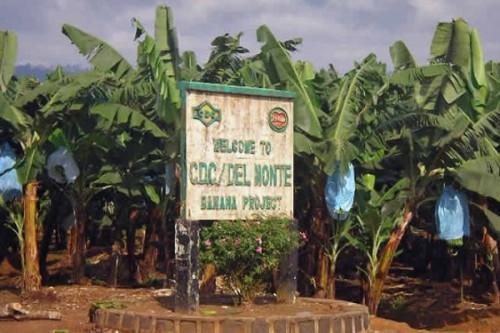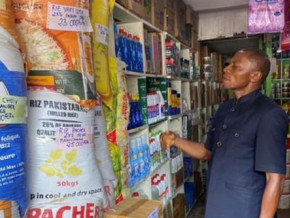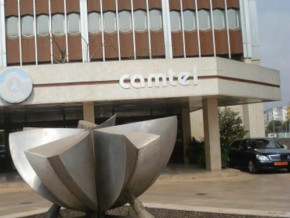
Cameroon: State agribusiness group CDC posts over XAF18 bln loss for 2020 despite activity resumption

(Business in Cameroon) - State agribusiness group Cameroon Development Corporation (CDC) recorded a XAF18.3 billion loss during the fiscal year ending December 31, 2020. According to data from the CTR- Technical Commission for the Rehabilitation of Public and Parastatal Enterprises - published in its 2020 report on public and parapublic firms’ performance, the losses recorded by CDC in 2020 were up by 1.8% year-on-year. Indeed, in 2019, the agribusiness group recorded a XAF17.9 billion loss after XAF506.6 million profit in 2018.
The figure proves that CDC’s financial situation worsened further in 2020 despite an almost 2-fold increase in its turnover year-on-year. In 2019, its turnover was XAF4.3 billion (down from XAF25.9 billion in 2018) but in 2020, it rose to XAF8.5 billion because the firm resumed its banana exports (it exported 4,507 tons) in addition to its rubber (6,178 tons) and palm oil (8,486 tons) production.
CTR data shows that the increase in the CDC’s 2020 turnover was neutralized by heavy debt, estimated at over XAF88 billion. This includes XAF35 billion of social debts, XAF18.3 billion of supplier debts, nearly XAF17 billion of financial debts, over XAF12 billion in tax debts, and XAF6.3 billion for miscellaneous debts.
Those debts, added to the equity that became negative in 2020 (minus XAF3.3 billion compared to XAF14.6 billion in 2019 and XAF35.5 billion in 2018), make CDC the Cameroonian group that suffered the most from the sociopolitical crisis ongoing in the North-West and the South-West since late 2016.
Anglophone Crisis
Indeed, armed groups supposedly demanding the autonomy of Cameroon’s two English-speaking regions transformed the state agribusiness group’s plantations into training camps. Workers found in those plantations were either raped or assaulted while the processing, storage, and packaging infrastructures were burned.
The continuous insecurity environment in which the about 22,000 workers the group had at the time were operating forced the management to temporarily stop operations. This caused the disappearance of the then Number 2 of the local banana exporting market from the exporters’ database between September 2018 and May 2020 (19 months of absence).
The group now has only 17,719 employees. Its performance since its resumption of banana production in May 2020 has rather reduced. Nevertheless, the future should soon become brighter because of projects, both ongoing and in the planning stage. Those projects include the rehabilitation of 520 hectares of banana plantations, discussions with Canadian group GMC Universal for cassava production and processing, as well as the projected construction of two new palm oil and rubber production plants.
Brice R. Mbodiam
Mags frontpage
- Most read 7 days
- shared 1 month
- read 1 month






























